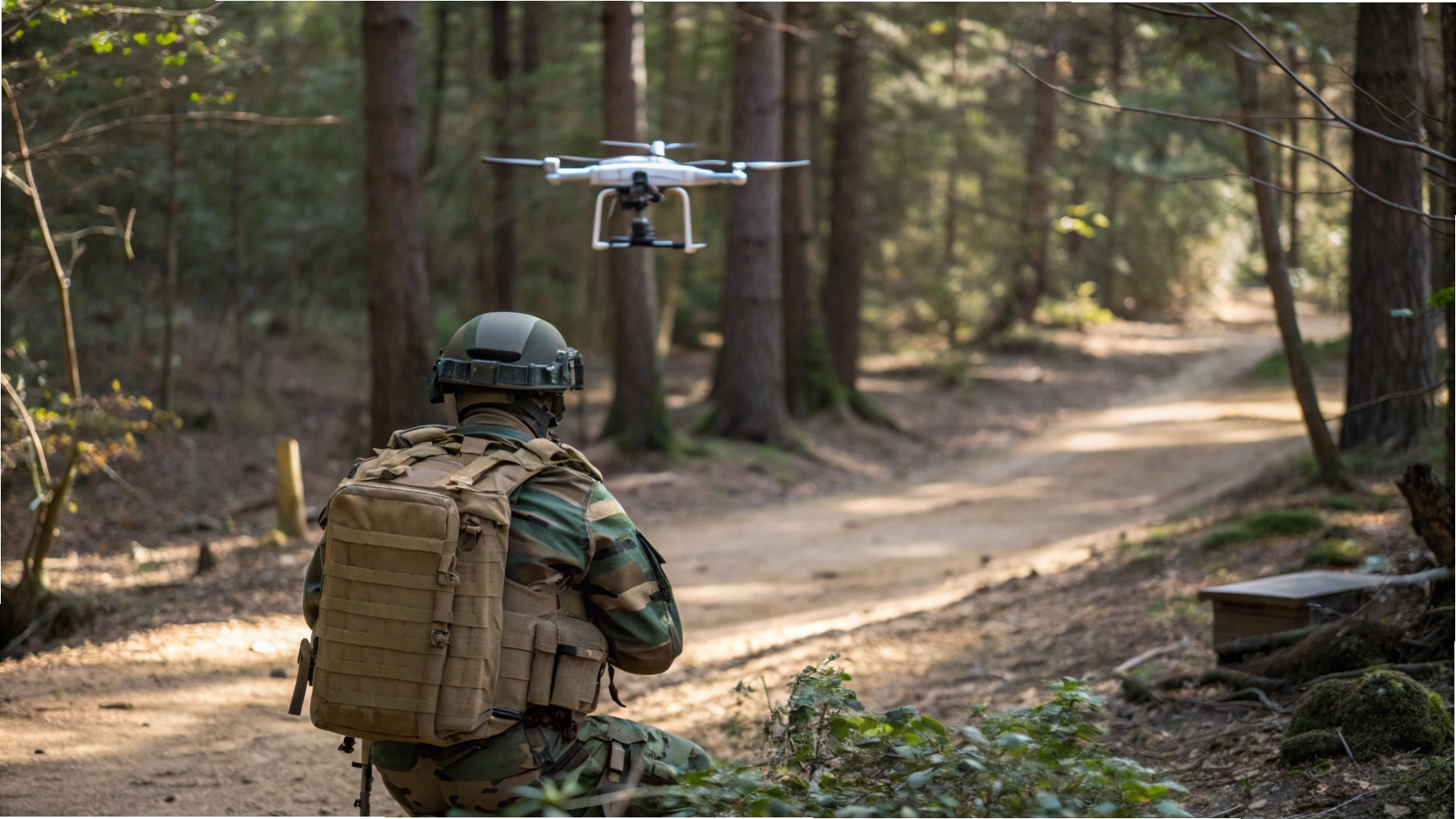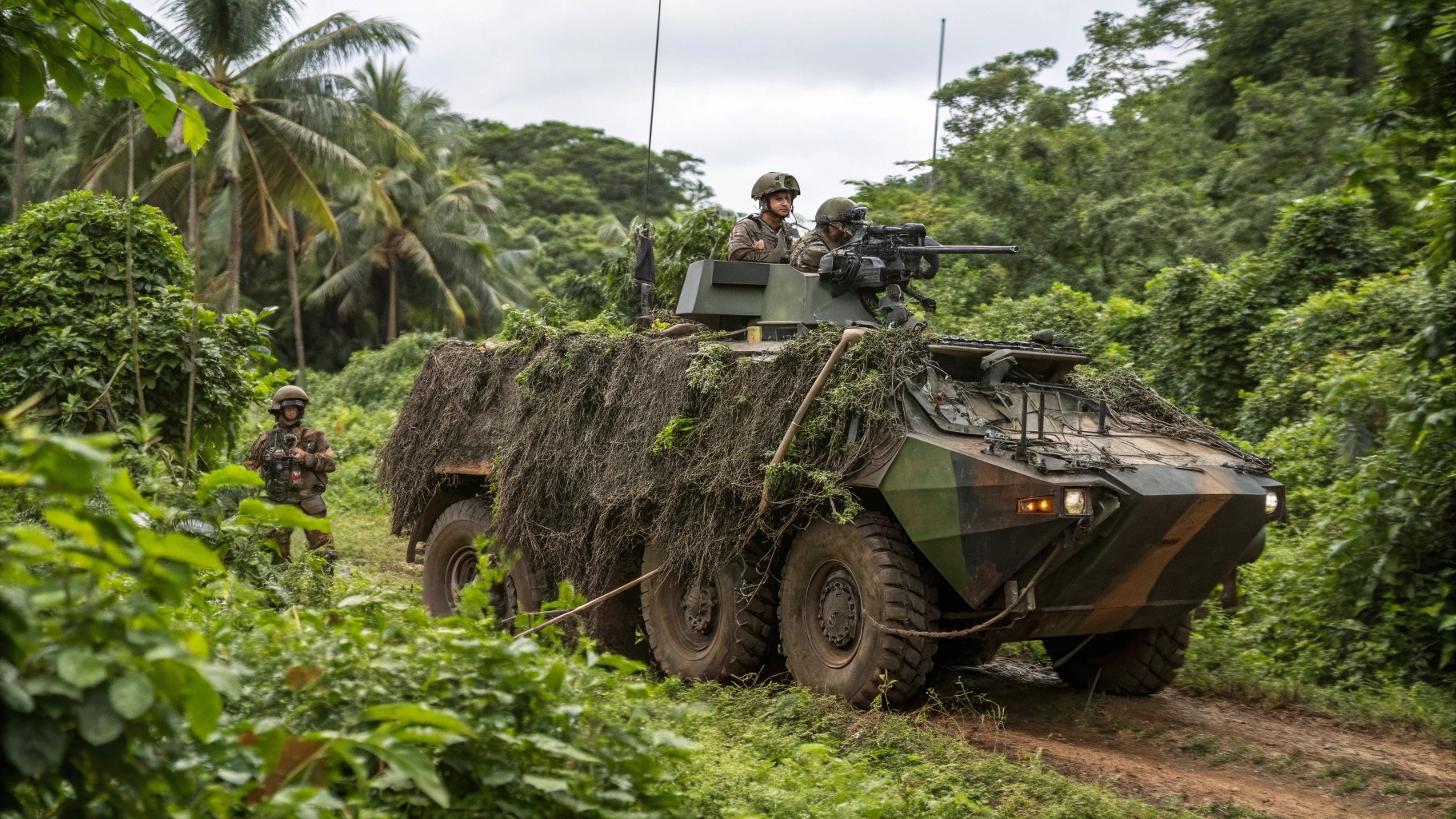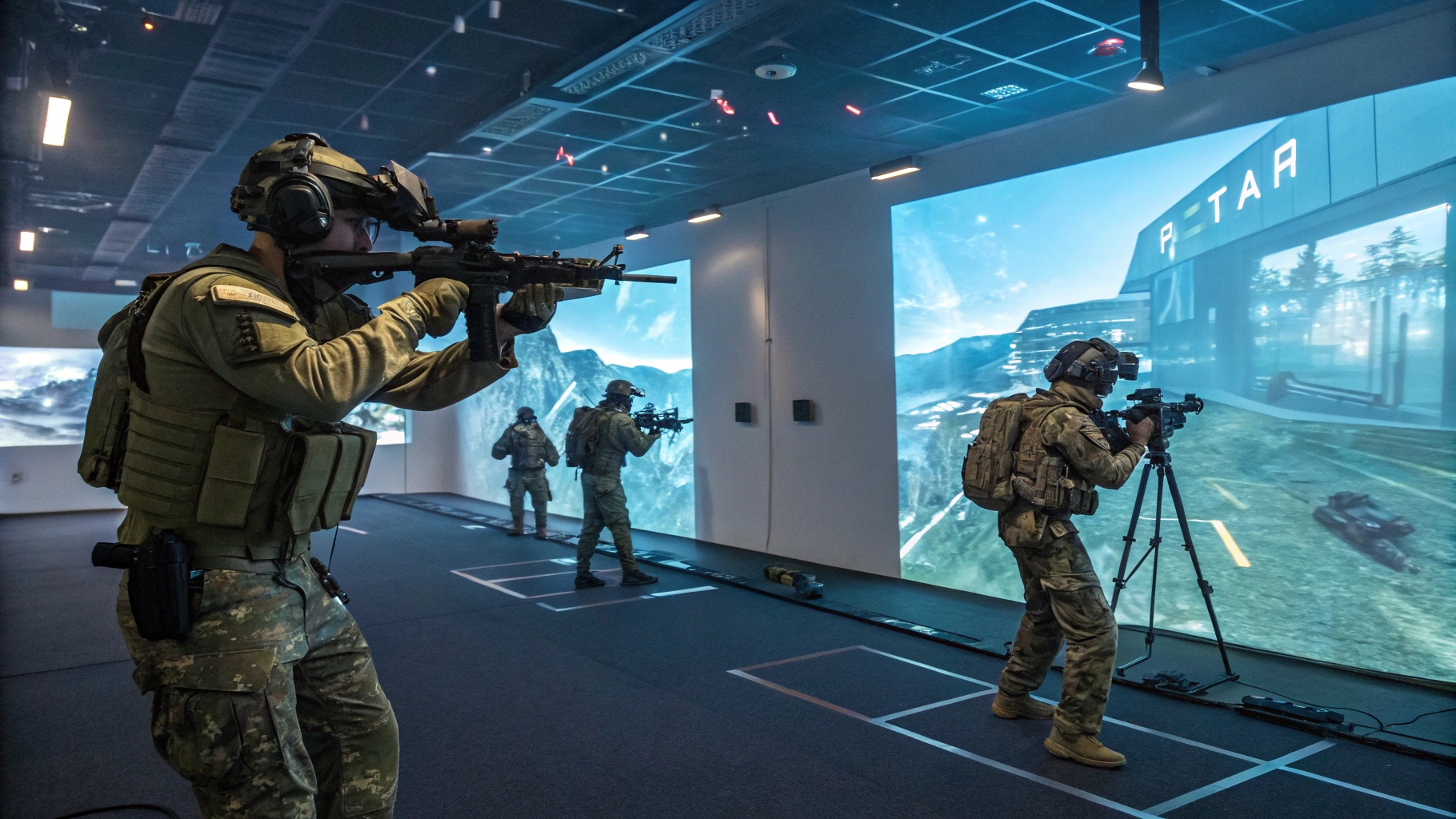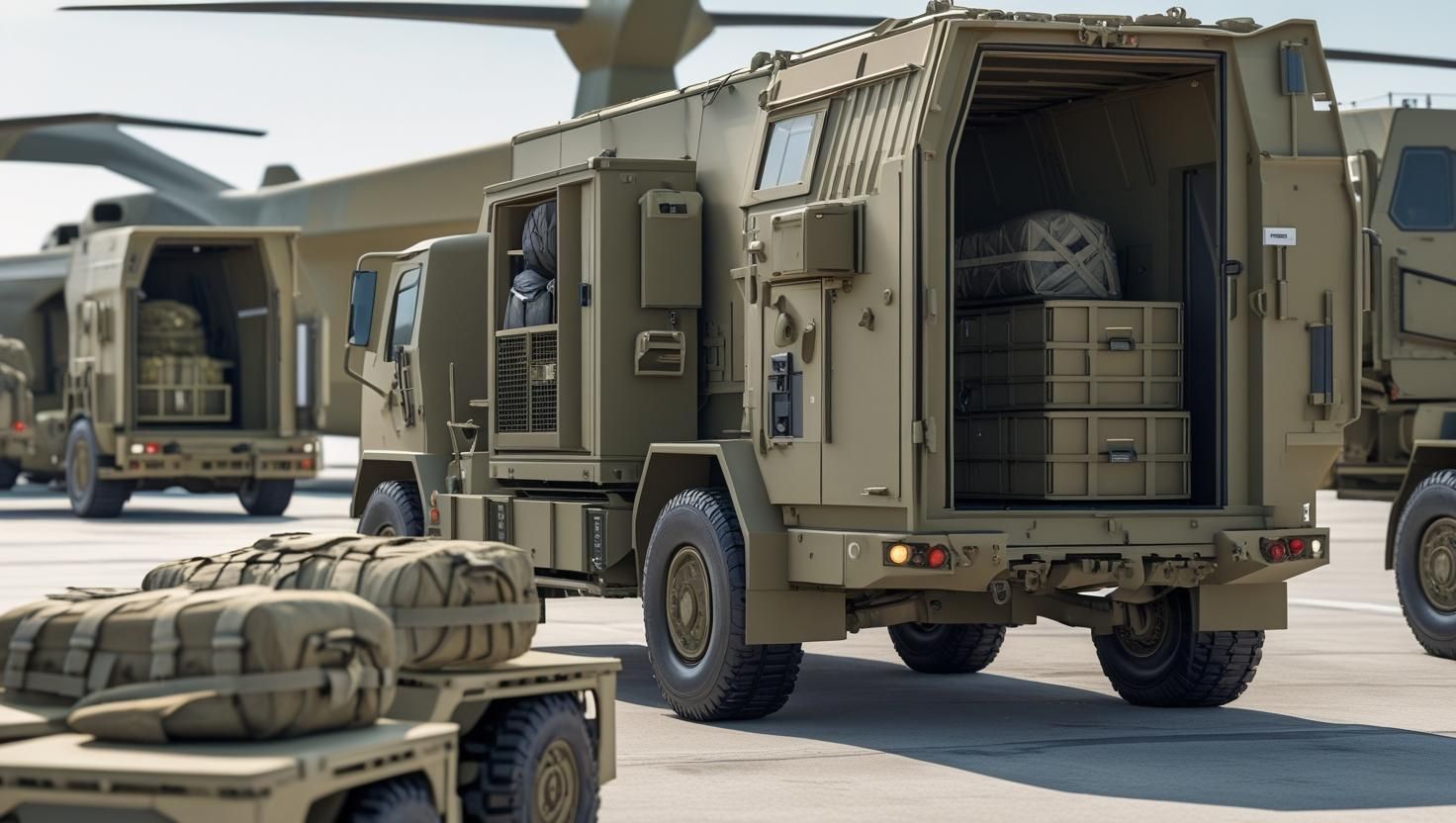
Kosovo, Albania, and Croatia are translating their earlier defense declaration into actionable measures to reinforce regional security and interoperability.
First announced in March, the agreement sets priorities such as strengthening defense capabilities, enhancing joint training, countering hybrid threats, and advancing Kosovo’s Euro-Atlantic integration, according to Prague-based Radio Evropa e Lire.
Kosovo’s Acting Defense Minister Ejup Maqedonci confirmed that expert groups convened in Tirana this July to detail the plan at an operational level, with the finalized roadmap expected to be submitted for ministerial approval in September.
Joint Procurement and Training
The three nations agreed to align arms purchases, placing collective orders rather than pursuing separate national contracts — their first tangible step from the March declaration. Each state will finance its share, while delivery schedules and quantities will be coordinated jointly.
They also plan to expand bilateral and trilateral military exercises, boost training through academies and colleges, and collaborate on widening enlistment initiatives. In addition, the partners will work together against hybrid threats such as cyberattacks, disinformation, and hostile foreign influence, supported by intelligence-sharing mechanisms.
Broader Implications
Croatia’s Defense Ministry stressed that the initiative remains open to other NATO and EU countries seeking to strengthen stability in Southeast Europe, but clarified it does not constitute a military alliance.
Separately, Maqedonci noted that Kosovo intends to use an upcoming US-Adriatic Charter meeting to invite additional regional partners to participate.
The Pentagon welcomed the cooperation during Maqedonci’s June visit, while NATO allies voiced similar support. Serbia, however, opposed the move, arguing it could form a new military bloc and recalling past subregional arms agreements.












































